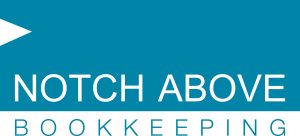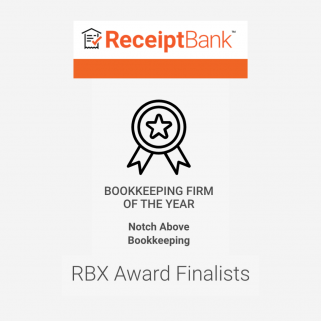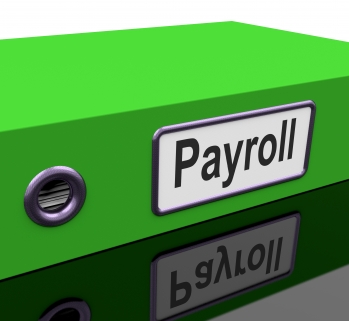Coronavirus cash flow assistance for business
Boosting cash flow for Employers
Up to a $25,000 tax-free payment to small and medium-sized businesses that employ workers, between 1 January 2020 and 30 June 2020. These eligible businesses will receive a payment equal to 50% of their PAYG withheld,delivered as a credit in their BAS from March to June 2020, with a minimum $2,000 payment and up to a cap of $25,000
We will ensure these cash incentives are included in your business BAS returns when lodged with the tax office.
Administrative concessions
Other concessions announced to assist businesses impacted by COVID-19 include:
- Deferring by up to 4 months the payment of tax amounts due through the BAS (including PAYG instalments), income tax assessments, FBT assessments and excise by affected businesses;
- Allowing affected businesses on a quarterly reporting cycle to opt into monthly GST reporting to get quicker access to any GST refunds;
- Allowing affected businesses to vary PAYG instalment amounts to zero for the March 2020 quarter. Businesses that vary their PAYG instalment to zero can also claim a refund for any instalments made for the September 2019 and December 2019 quarters;
- Remitting any interest and penalties, incurred by affected businesses on or after 23 January 2020, that have been applied to tax liabilities; and
- Allowing affected businesses to enter into low-interest payment plans for their existing and ongoing tax liabilities
We will consider all these concessions in the relevant BAS periods when preparing your returns and discuss with you, as needed, how they can assist your individual situation.
Please note these are being introduced to parliament next week and expected to be passed as legislation.







